Bad news for XCO: Trek Future Racing is shutting down
The Trek Future Racing project will lower the curtain at the end of 2025. The Swiss structure, created to propel young talents to the highest level of mountain biking, is ending a five-season cycle that has brought victories in the World Cup, national champions, and, above all, a different way of understanding how the next stars of this sport are built.
Trek Future Racing announces its closure after five years paving the way for young talent
Led by Bernd Reutemann, the team was born with the idea of providing a professional environment where riders could grow without the immediate pressure of results. In its farewell statement, the project leader emphasizes this philosophy:
“The athlete's health must always come first. High performance is not just about winning, but about supporting people, their evolution, and the journey behind each success.”
During these years, Trek Future Racing became a reference in the development of young cyclists, supported by its own Talent Community, a training concept that integrated riders, families, and coaches to create a broader learning environment.
RECOMENDADO
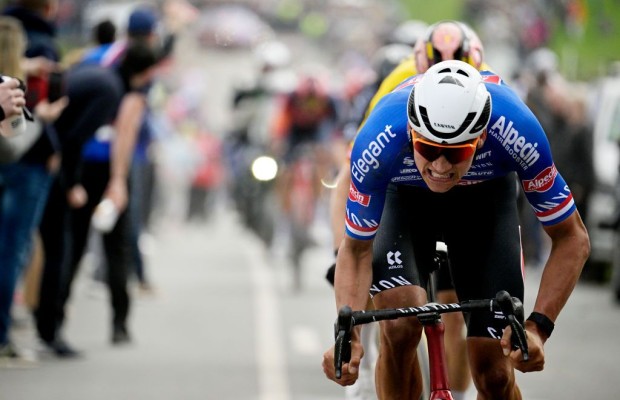
What happens if you exceed your maximum heart rate? Risks of pushing yourself to the limit
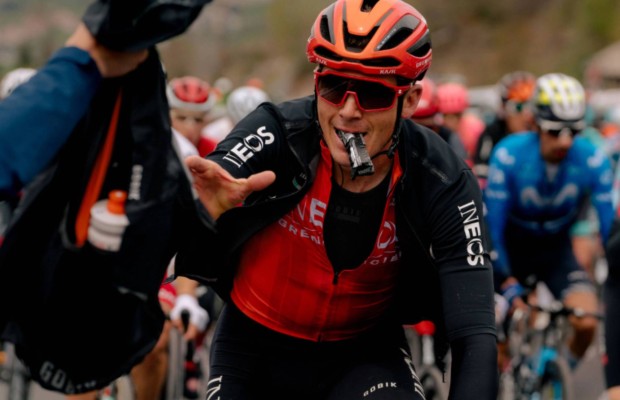
What are nitrates and why will they give you an extra boost in your performance on the bike?

How to wash your bike at a gas station without ruining it
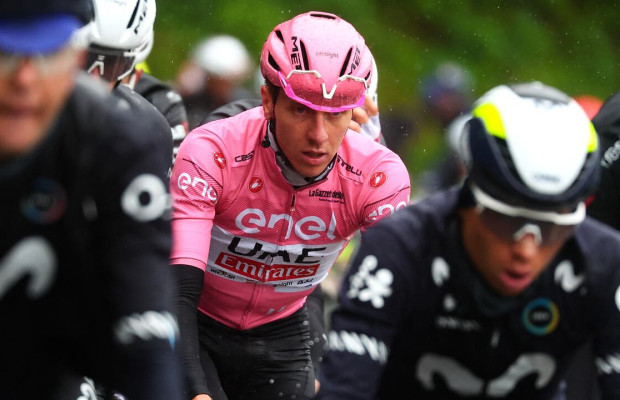
Tips for staying motivated to go out riding when cold, rain or night lurk

How to choose the right crankset and cassette: a guide to find the right ratio and extend the life of your bike
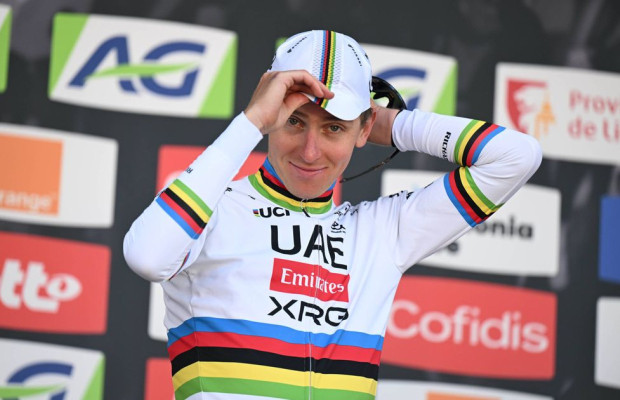
Complete 2026 UCI WorldTour calendar and key dates: the show begins
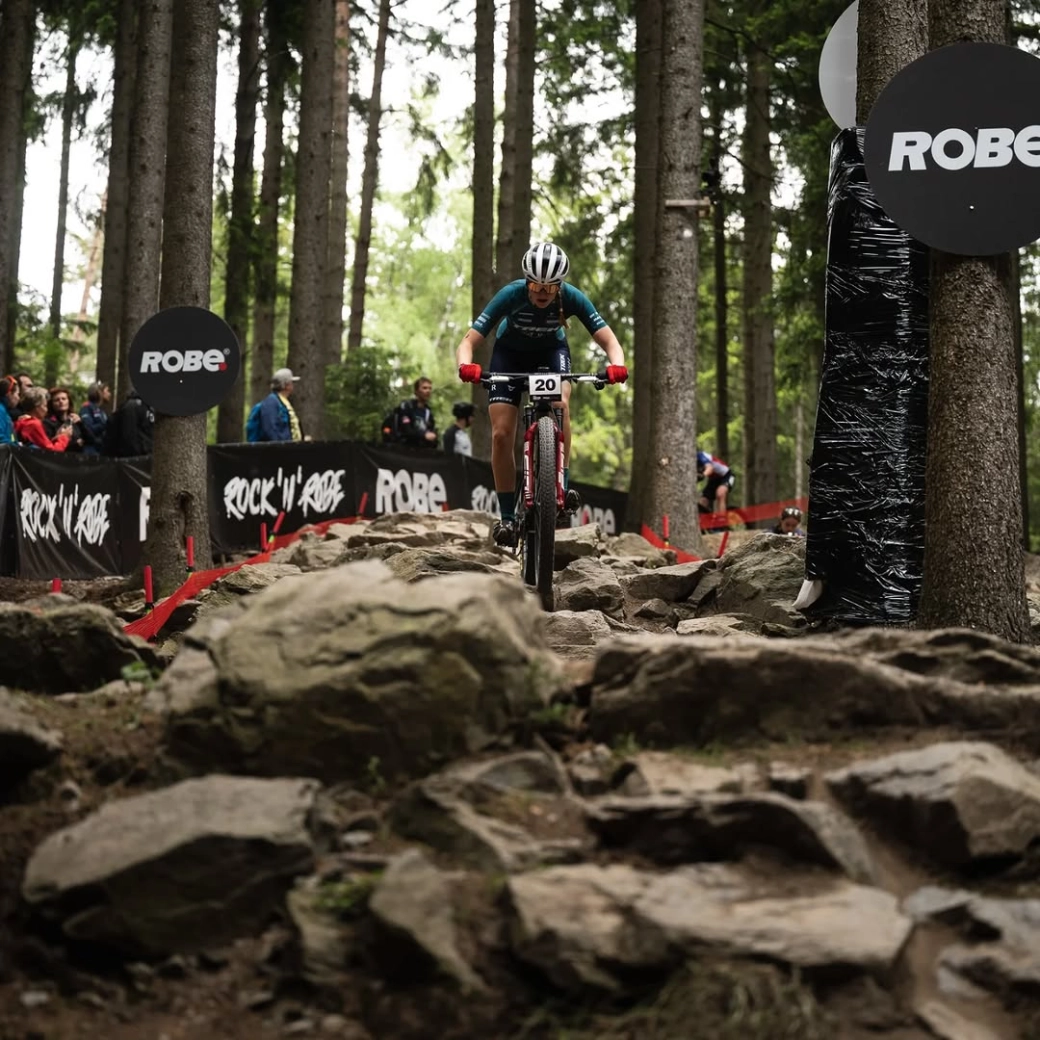
Results come when there is structure, and the case of Trek Future Racing proves it. Several of its riders not only managed to reach the podium in World Cups but also made the leap to some of the most powerful teams on the planet.
Canadian Emilly Johnston and American Bjorn Riley, now both with SCOTT SRAM, are good examples of what this team has accomplished in recent years. Or the case of current XCO champion of Spain Marta Cano, who after joining the team a year ago will now have to look for a new squad.
The Swiss team celebrated victories, accompanied difficult moments, and created a community that its leader summarizes as “a place where young people could grow, learn, and pursue their dreams.” With that vision, Trek Future Racing became a global platform that left a mark both in the World Cup paddock and in the careers of the riders who passed through its tent.
Reutemann wanted to close the announcement with a thank you to those who made the project possible: “This team took shape thanks to our partners, the riders, the staff, and the fans. They gave it life. Without all of them, Trek Future Racing would never have been what it became.”
With its farewell, XCO loses one of its most influential development structures in recent years. Its impact will be measured, above all, in the careers of the many cyclists who found there the decisive push to reach the elite.